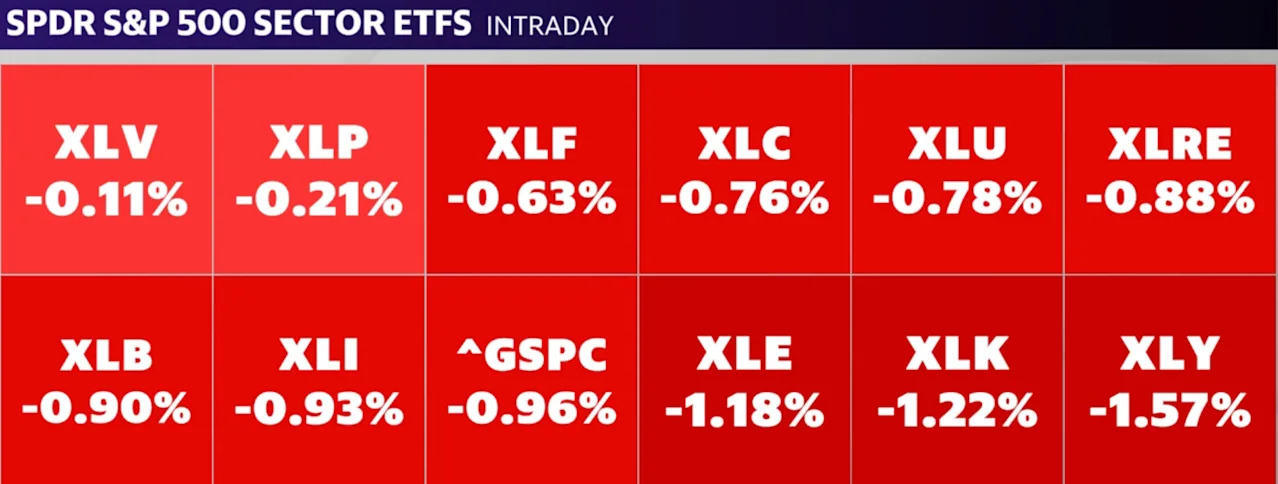How the Stock Market Reacts to Credit Downgrades and Debt Risks

The stock market is constantly influenced by economic news, credit ratings, and policy shifts. Recent events, such as the downgrade of the US credit rating by Moody’s, have captured the attention of investors worldwide. In this article, we explore how such changes affect market trends and what strategies investors can consider amidst volatility.
What Happens When Credit Ratings Change?
Credit rating agencies like Moody’s play a vital role in shaping investor sentiment. When Moody’s lowered the US government's long-term credit rating from AAA to AA1, many expected a sharp decline in the stock market. However, as reported on Yahoo Finance, the S&P 500 managed to extend its winning streak, and the Nasdaq also posted gains. This suggests that while credit downgrades may cause short-term turbulence, lasting negative impacts are rare.
Analyzing Recent Stock Market Movements
The stock market’s initial reaction to a downgrade is often negative, with major indices dipping as uncertainty rises. Yet, history indicates these effects are usually transitory. Wall Street analysts point out that long-term stock trends remain unaffected by such events. In fact, after the 2011 and 2023 downgrades, the market quickly rebounded. Factors like bond yields and government policy have more substantial, lasting influence.
The Role of US Debt and Investor Confidence
Debt risk continues to be a primary concern for market participants. As government deficits grow, the cost of borrowing increases, placing additional pressure on both the economy and the stock market. Renowned market observers, including Jim Cramer, stress the importance of monitoring US debt risks. Cramer’s message is clear: mounting deficits may amplify volatility, but informed investors can navigate the turbulence by assessing risk and maintaining a long-term perspective.
Strategies for Investors in Volatile Times
Investors should focus on diversification and risk management. Keeping an eye on market trends, economic data, and expert commentary can provide guidance. Some analysts advocate for the "buy the dip" approach following brief pullbacks caused by credit news, as highlighted in recent market analyses. Monitoring interest rates and sector performance also helps in adjusting investment strategies.
Conclusion: Staying Informed Is Key
The stock market can experience short-lived shocks due to credit downgrades and debt worries, but long-term growth drivers often prevail. Investors who stay informed, embrace sound strategies, and avoid panic stand a better chance of achieving their financial goals. Follow reputable financial news outlets and maintain a disciplined investment plan to ride out market volatility with confidence.